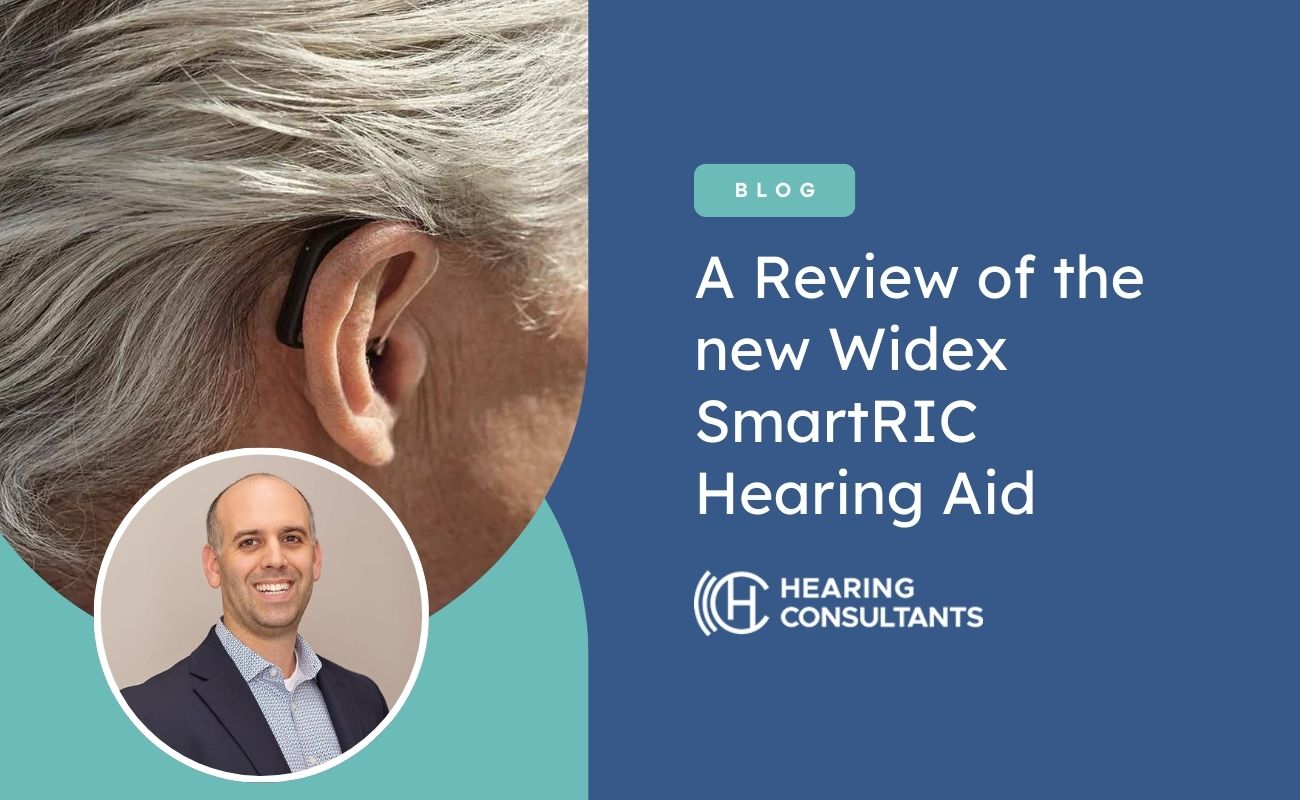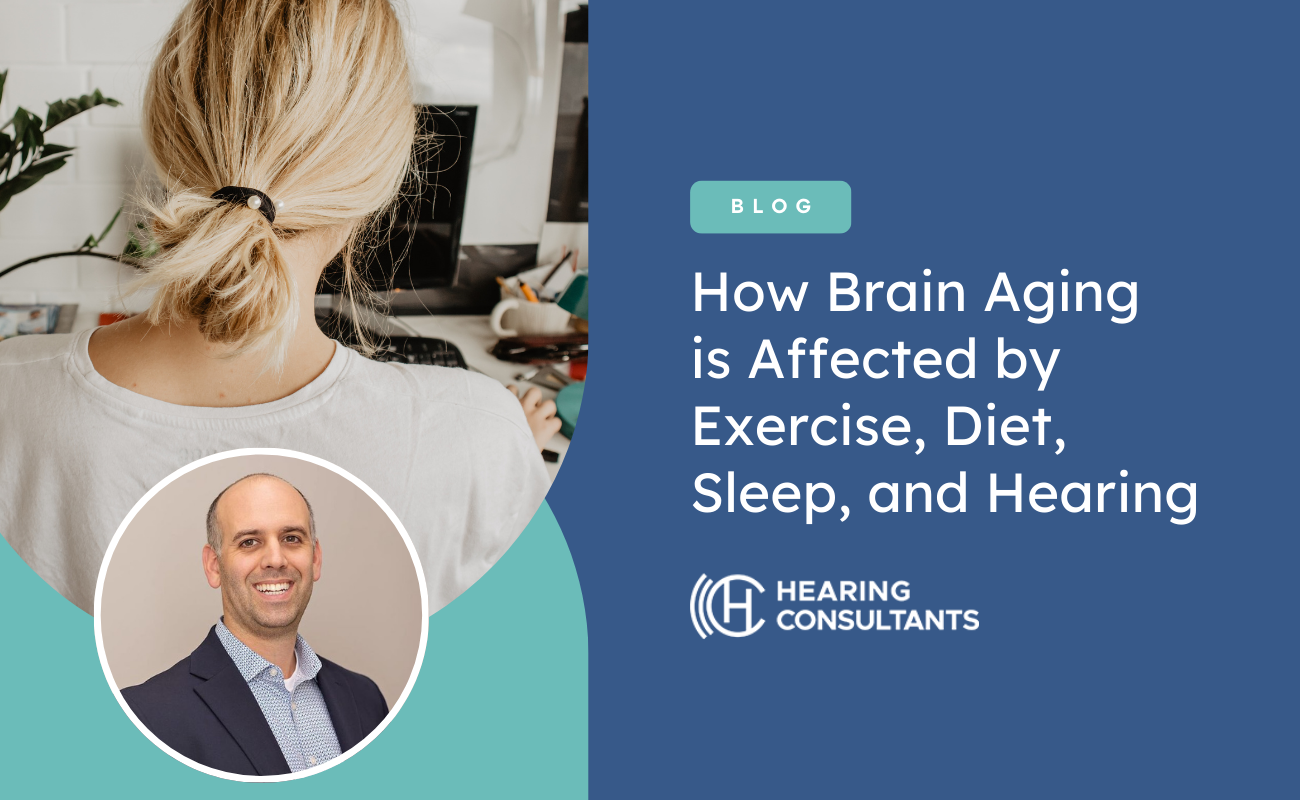How Hearing Loss May Affect Your Job
Have you been having trouble hearing at work? Do you find you have to ask people to repeat themselves or even mishear and respond inappropriately sometimes? This can happen to anyone, but it may also signify a hearing loss. It’s important to understand that you are not alone. In the United States, hearing loss is the third-most common chronic physical condition. About 12% of the U.S. working population has hearing difficulty. About 24% of the hearing difficulty among U.S. workers is caused by hazardous noise exposure in the workplace. While there are protections in place in most work environments, millions of workers are still exposed to dangerously high levels of sound putting their hearing at risk for developing permanent hearing loss. This is serious because more than just the ears, hearing loss can potentially affect relationships at work, job performance and earning power.
Understanding Noise Induced Hearing Loss
One of the most common forms of hearing loss is caused by exposure to loud sound. Sound is measured in decibels and a decibel level over 85bB can slowly cause damage to your hearing. As the level rises it can damage or even destroy tiny hair-like cells of your inner ear called stereocilia. Stereocilia collect sound from your ears and send it to your brain in the form of electrical impulses which it is then comprehended into speech and sounds are identified. It’s important to understand that it is not just the level of the decibel which puts stereocilia at risk but the length of exposure. For instance, during an average work shift of eight hours 85 decibels can cause some damage, especially if the exposure occurs five times a week for a decade or more. However, at 88dB, the same amount of damage can occur after just four hours.
Protecting Your Hearing
This is why hearing protection is so important. Hearing protection has the potential to lower the decibel level by 15 to 33 decibels. However, for those who work around unexpected noise such as air traffic control, law enforcement or the military, it’s common to struggle with severe hearing damage as it’s hard to predict when an extreme exposure will occur.
Addressing Hearing Loss and Job Performance
While hearing loss is an ear issue it affects your ability to stay alert and communicate with the people around you. Co-workers and employees who are not aware of your condition may assume that you are distracted or uninterested by what they are saying when it is actually a hearing issue. You may mishear directions or miss them altogether, leading the others in your workplace to rely on you less. This quickly turns into a safety issue as delayed reaction times to warning signs can put you and co-workers at risk.
Understanding Hearing Loss and Unemployment
If you are on the job market and have been having trouble finding work, it could be connected to your hearing. If you have a hearing loss, the chances of getting hired are lessened. Even though The American Disability Act protects people hearing loss from discrimination in the workplace, you must know and be open about the disability to receive the protection. Most people with hearing loss are not even aware they have an issue. A 2016 study called, The Socioeconomic Impact of Hearing Loss in US Adults, found that individuals with hearing loss had nearly two times higher odds of unemployment or underemployment.
Understanding Hearing Loss and Salary
Not only is it more difficult to find a job when living with untreated hearing loss but the salary is often notably lower. A study out of the Better Hearing Institute found that those with hearing loss had a notably disparity in earnings in comparison with peers with normal hearing. Even a mild hearing loss affected earning by an average $14,000 disparity in comparison to those with no hearing loss. If your hearing loss is severe, the study found the disparity on average comes to approximately $31,000 less per year than those without a hearing loss.
Treating Hearing Loss
If you are putting off dealing with your hearing loss, consider the impact on your earnings. The good news is that while hearing loss is permanent, the use of hearing aids can help you to avoid the impact on your job performance and earnings. In the long run, it will cost you more by avoiding dealing with your hearing loss. Treat your hearing loss now and start by scheduling a hearing exam.
Get in touch with
Hearing Consultants
Contact our clinic to schedule an appointment today!







